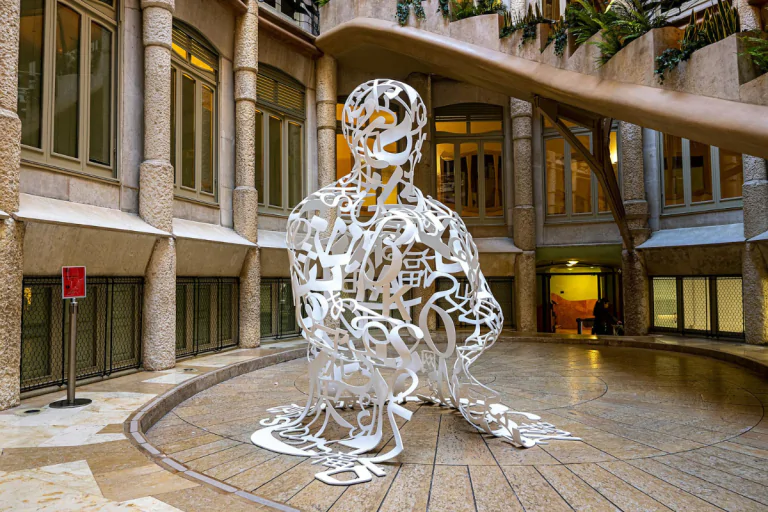Introduction
Prophet Muhammad (PBUH), the final messenger of Islam, led a life that continues to inspire millions around the world. His Seraah, or biography, encompasses not only his personal life but also his prophetic mission and the profound impact he had on society. Understanding his life provides insight into the foundational principles of Islam and the values it upholds.
Early Life and Revelation
Born in 570 CE in Mecca, Muhammad (PBUH) belonged to the noble Quraish tribe. Orphaned at a young age, he was raised by his grandfather and later by his uncle. Known for his honesty and integrity, he earned the title “Al-Amin” (the trustworthy). At the age of 25, he married Khadijah, a wealthy widow, who was his confidante and support.
At the age of 40, during one of his meditative retreats in the Cave of Hira, Muhammad (PBUH) received the first revelation from Allah through the Angel Gabriel. This marked the beginning of his prophethood and the revelation of the Quran over the next 23 years.
The Meccan Period
The early years of his prophethood were marked by opposition and persecution from the Quraish tribe. Despite the hostility, Muhammad (PBUH) remained steadfast, spreading the message of monotheism, justice, and compassion. His followers, though few initially, displayed remarkable faith and resilience in the face of severe trials.
Migration to Medina and Establishing the Islamic State
In 622 CE, due to escalating persecution, Muhammad (PBUH) and his followers migrated to Medina, an event known as the Hijra. In Medina, he established a cohesive Muslim community and a state based on Islamic principles. The Constitution of Medina was a remarkable document that outlined the rights and duties of all citizens, ensuring religious freedom and justice for all.
Battles and the Conquest of Mecca
The Prophet (PBUH) faced numerous battles, including Badr, Uhud, and the Battle of the Trench, defending the nascent Muslim community. Despite the challenges, he exemplified mercy and forgiveness, particularly during the conquest of Mecca in 630 CE. He entered the city peacefully and granted amnesty to his former persecutors, embodying the principles of compassion and forgiveness.
Legacy and Teachings
Prophet Muhammad’s (PBUH) teachings encompass all aspects of life, emphasizing morality, social justice, and compassion. His sayings (Hadith) and practices (Sunnah) are a guide for Muslims in their daily lives. His final sermon during the Hajj pilgrimage encapsulated his vision for humanity, advocating for equality, the sanctity of life, and adherence to Islamic principles.
Conclusion
The life of Prophet Muhammad (PBUH) is a beacon of guidance and inspiration. His Seraah reflects his unwavering faith, resilience, and commitment to justice and compassion. Understanding his life helps in appreciating the profound impact he had on history and the enduring legacy he left for future generations.





